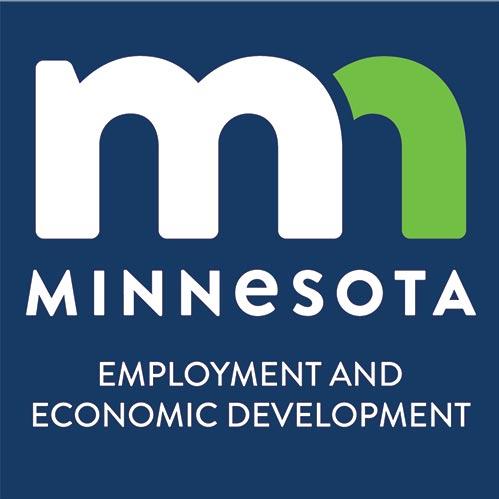by Zach Miller
Quick Summary
DEED’s Digital Opportunity Plan, produced by the Office of Broadband Development (OBD), details how Minnesota will use its Internet for All grant funding to expand digital access. The plan identified six major objectives, including coordinating with ISPs to support newly connected households needing education and resources.

Text courtesy of the Minnesota Department of Employment and Economic Development.
St. Paul, MN – The Minnesota Department of Employment and Economic Development (DEED) announced on March 28 that Minnesota’s Digital Opportunity Plan has been accepted by the U.S. Department of Commerce’s National Telecommunications and Information Administration (NTIA). The acceptance means the state is now eligible for federal grants to implement the plan, which will help reduce gaps in internet adoption, and expand digital skills and digital technology access.
“Minnesota is a leader in delivering broadband, and we continue to expand service to underserved and unserved areas throughout the state,” said DEED Commissioner Matt Varilek. “As our Digital Opportunity Plan illustrates, we are equally committed to ensuring every Minnesotan has the tools and skills needed to harness the full power of broadband and reap the benefits of a digital economy.”
“Broadband is an essential economic development tool that helps Minnesota communities grow and thrive, gain workers and support business vitality,” said DEED Deputy Commissioner for Economic Development Kevin McKinnon. “The Digital Opportunity Plan complements the state’s ambitious broadband connectivity plans to ensure digital equity statewide.”
The Digital Equity Act, part of the Internet for All initiative and a key piece of President Biden’s Investing in America Agenda, provides $2.75 billion to establish three federal grant programs – the State Digital Equity Planning Grant, Digital Equity Capacity Grant and Digital Equity Competitive Grant – that promote digital equity and inclusion.
DEED’s Digital Opportunity Plan, produced by the Office of Broadband Development (OBD), details how Minnesota will use its Internet for All grant funding to expand digital access. Minnesota identified the following objectives:
- Establish a Digital Opportunity Leaders Network to coordinate and support digital opportunity initiatives regionally and statewide;
- Expand OBD’s public data and mapping tools to include digital opportunity measures;
- Prepare reports exploring models for: (1) a statewide tech helpline; (2) state-level broadband affordability programs; and (3) a state-managed system for loaning large-screen devices long-term to Minnesotans with low vision;
- Partner with state offices serving people at high risk for digital exclusion;
- Coordinate with Internet Service Providers to support newly-connected households needing education and resources; and
- Administer targeted grants to support: (1) local and tribal governments preparing their own digital opportunity plans; (2) community partners piloting positions focused on trust-based digital opportunity work; (3) small businesses improving technology access; and (4) local and tribal governments improving web accessibility.
Last year, OBD spent several months developing its initial Digital Opportunity Plan to submit to NTIA. OBD held public meetings in 16 cities across Minnesota and two online meetings to gather public feedback on its plan to reduce gaps in broadband access, digital technology ownership and digital skills.
“We are thrilled and honored to have our plan accepted by NTIA and we are extremely grateful to the state and community leaders and countless Minnesotans who supported the plan’s development and provided feedback at our statewide public meetings or online,” said OBD Executive Director Bree Maki. “The feedback and support were essential not only to ensure our plan would be approved, but also that it would provide Minnesotans with the tools, resources and skills needed to achieve their digital technology goals. We are pleased that we can now move forward on implementing this plan as we work to connect people to people, connect people to information and connect people to resources.”
Earlier this month, DEED announced $53 million in grants to expand broadband to 8,900 Minnesota homes and businesses. DEED is now accepting applications for another $50 million grant round for broadband infrastructure expansion.
In addition to federal digital equity grants, DEED will also manage $652 million in federal Broadband Equity, Access and Development (BEAD) Program funding to expand broadband to the most unserved and underserved Minnesotans.
DEED is the state’s principal economic development agency, promoting business recruitment, expansion and retention, workforce development, international trade and community development. Find out how DEED delivers for Minnesota by visiting the DEED website, JoinUsMn.com, CareerForceMN.com or follow us on X.
###
Upon request, this information can be made available in alternate formats for people with disabilities by contacting the DEED Communications Office at 651-259-7161.

